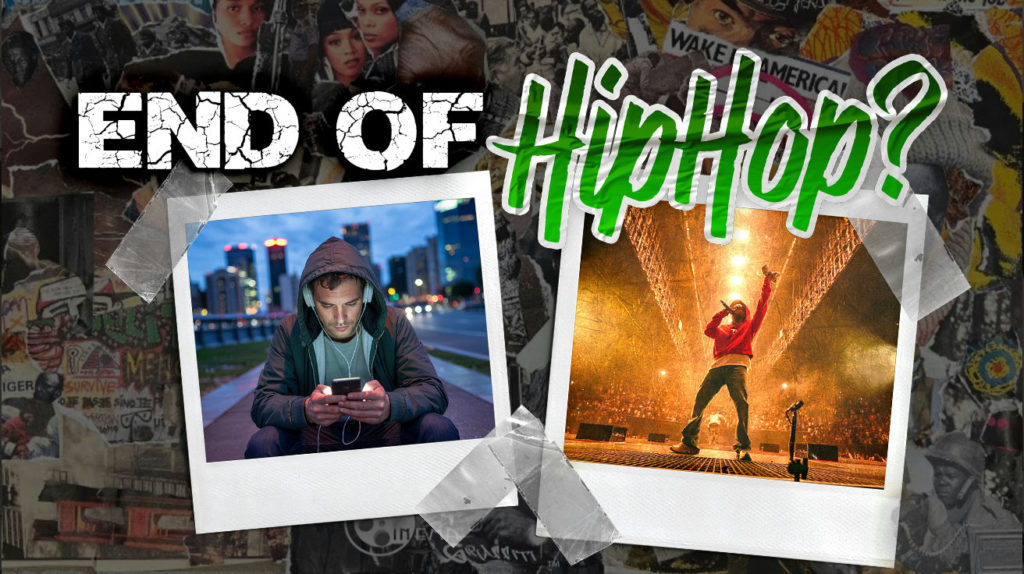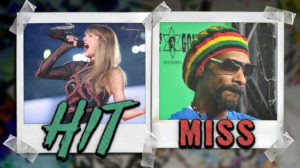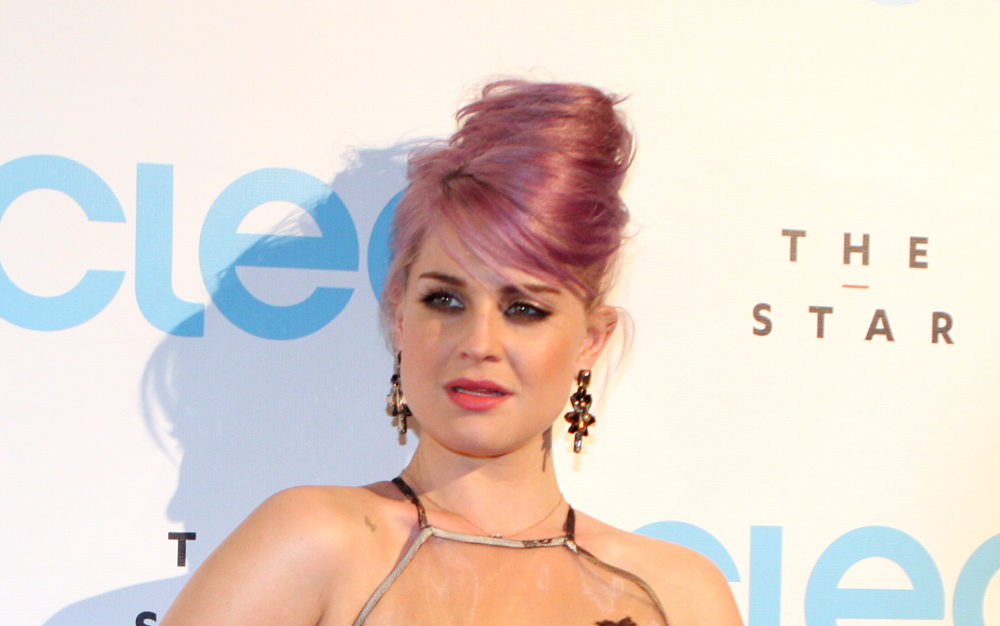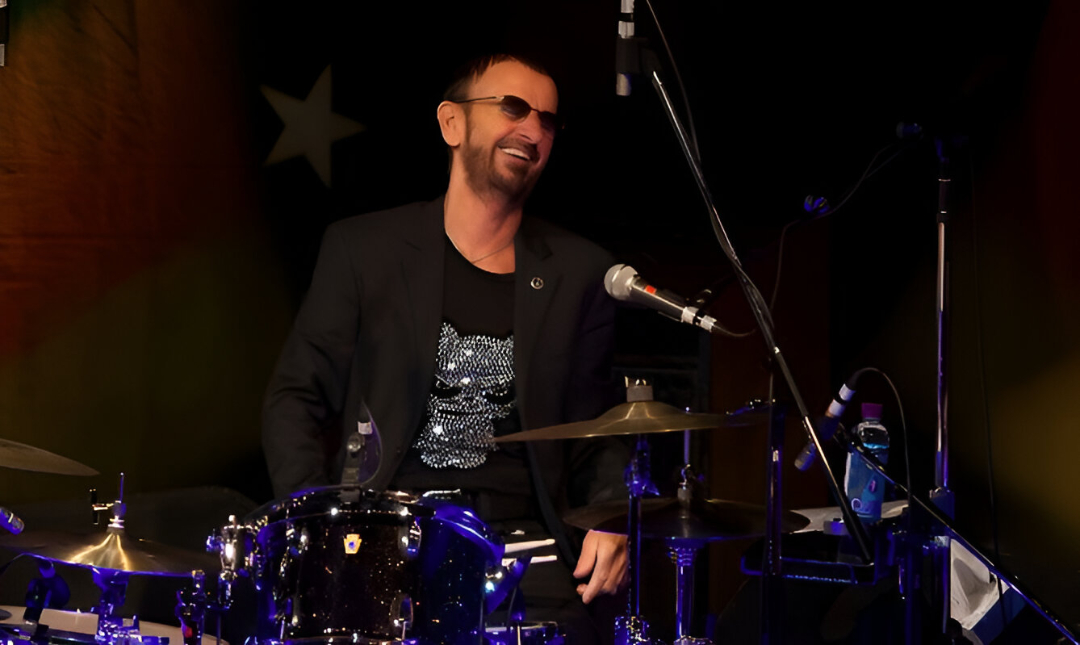
Hip-hop faces a crisis that mirrors our fractured society. Millions of songs are uploaded daily, creating overwhelming choice paralysis. Algorithms push sameness, while editorial playlists favor those who pay. Concert prices skyrocket as performance quality plummets.
But the issue extends beyond hip-hop dying – it’s about our connections fraying. Let’s take a closer look at the present music scene. (And no, this isn’t just another “back in my day, music was better” rant. We promise.)
Media Oversaturation and Choice Paralysis

An avalanche of 100,000+ music uploads on Spotify alone has created a music discovery crisis that few acknowledge. This flood dilutes unique voices in the mix. YouTube creators add millions of new videos every day, compounding the noise.
Studies from Columbia and Stanford found fewer choices often led to better consumer decisions. Too many options create choice paralysis. People feel overwhelmed by abundance. This often leads to less satisfaction, not more.
Focusing on just 3-5 new artists per month allows for deeper appreciation and prevents the mental fatigue that endless scrolling creates.
The Algorithm’s Influence on Music Discovery

Discovering authentic music feels impossible when algorithms control what you hear, but understanding how they work can help you break free. Artists with bigger budgets rise through promoted advertisements. The system rewards mimicry as producers follow established trends and indulge in the lavish lifestyles associated with hip-hop culture.
Watch one dog video on YouTube and suddenly dogs appear everywhere. Algorithms push artists to imitate popular sounds for visibility. True innovation suffers when the same sounds repeat endlessly.
A significant number of hip-hop artists report changing their sound specifically to please streaming algorithms rather than express their authentic voice.
The Corruption of Playlists and Taste Makers

Behind every major playlist lies a pay-to-play system that benefits the wealthy while hiding emerging artists from your ears. Editorial playlists on streaming platforms show obvious bias. Curators often favor artists who pay the highest fees. This mirrors how radio DJs operated in earlier eras.
The practice corrupts genuine discovery. It favors those who game the system effectively. New artists face massive challenges gaining exposure. Fans lose authentic music discovery due to these manipulated choices.
Listeners seeking fresh sounds beyond the mainstream face playlist manipulation as a barrier between them and the next revolutionary artist.
The Craving for Community and Belonging

If you’re spending more time scrolling through music apps than sharing songs with friends, you’re experiencing the community deficit that’s reshaping hip-hop. Music serves as a powerful conduit for community and shared feeling. Social pressure drives relentless ambition. This fuels feelings of inadequacy online.
Many Americans spend a large portion of their time online. Yet a significant percentage expect to spend even more time alone. This creates deepening isolation. Traditional “third places” decline while online communities begin to flourish.
The disconnection epidemic has silenced meaningful music conversations, but intentional listening sessions with friends can rebuild what we’ve lost.
The State of Hip-Hop Concerts

After spending hundreds on concert tickets, watching your favorite rapper lip-sync while barely acknowledging the crowd reveals everything wrong with today’s live music scene. Many hip-hop concerts now disappoint attendees. Bad opening acts and unenthusiastic crowds create negative experiences.
Ticket prices shock fans, with some spending thousands of dollars on popular artist tickets while watching performers who lip-sync, ultimately eroding trust between artists and their audiences.
Artists who perform their lyrics live and engage genuinely with audiences build fanbases that remain loyal for decades, not just album cycles.
The Rise of Online Communities and Cringe Culture

The most vibrant hip-hop communities now exist entirely online, creating cultural movements without ever meeting face-to-face. Consider Playboi Carti and his Opium label artists. These performers foster deep connections with followers. They share uniform aesthetics with Rick Owens clothing and trench coats.
Fans adopt invented languages and unique handshakes. This strong bond may seem strange to outsiders. Yet the community provides a powerful sense of belonging for members.
The alienation of modern life drives fans toward these digital tribes, where shared musical obsessions transform isolation into belonging.
The Importance of Community and Togetherness

The fragmentation of shared musical experiences threatens hip-hop’s cultural power, but rebuilding community spaces offers a path forward. It might reflect society’s erosion of community and friendship. The loss of belonging, togetherness, and humanity affects everything.
Society often benefits from division and isolation. These factors drive consumption and profits. Hip-hop itself isn’t dying – our connections are. Building community remains key to thriving as humans.
When you share a meaningful song with a friend and discuss its impact together, you’re rebuilding the cultural foundation that once made hip-hop revolutionary.





















